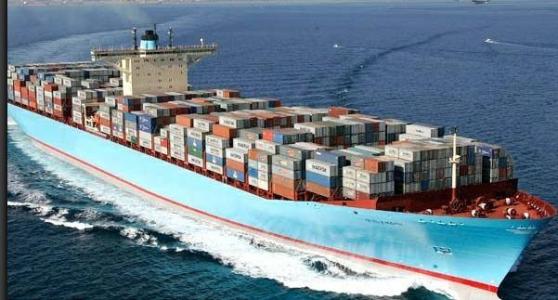
Shipping agency companies, ship agency companies, and foreign ship agency companies are all what we call "shipping agents". A "shipping agent" provides services for shipping lines and can be simply understood as an "agent of shipping lines", while a "freight forwarder" is an "agent of shippers". The key difference between "shipping agents" and "freight forwarders" lies in the different parties they serve.

The ship agency industry is a service-oriented sector.
The English term for "船舶代理" is "Shipping Agency". Examples include:
China Marine Shipping Agency Co., Ltd
China Ocean Shipping Agency
Shanghai United Int'l Ocean Shipping Agency Ltd
China Association of Shipping Agencies & Non-Vessel-Operating Common Carriers, (abbreviated as CASA)
In accordance with the usual practices of the international shipping industry, the main business scope of a "shipping agent" includes:
1. Vessel Arrival and Departure Services
Such services include handling customs formalities and relevant port joint inspection procedures, dispatching tugboats for pilotage, arranging berthing and mooring, conducting inspection and maintenance, cleaning or washing cargo holds, carrying out fumigation and disinfection, handling maritime salvage and maritime incident management, and completing handover procedures for vessels while in port.
2. Cargo-Related Services
Such services include arranging the loading and unloading of containers or other cargo, conducting cargo tallying, facilitating transshipment handover, providing storage and transportation, assisting with claim settlements, issuing bills of lading (B/L) on behalf of shipping lines, calculating and collecting fees as well as making payments on their behalf, signing demurrage and dispatch agreements with port authorities, calculating related fees on behalf of shipping lines, and assisting shippers with vessel chartering, space booking, and other relevant tasks.
3. Ship Supplies and Provisions Supply Services
Such services include arranging fuel supply for vessels, providing fresh water, supplying materials and food required by vessels and crew, as well as purchasing on behalf of shipping lines, delivering marine spare parts and other supplies for ships, among others.
4. Other Service-Oriented Businesses
Such services include handling entry and exit procedures for crew members, arranging crew rotation, repatriation, medical treatment, sightseeing tours, family visits, and mail delivery for crew, as well as handling other matters entrusted by shipping lines, among others.
There are significant differences between a "shipping agent" and a "freight forwarder":
1. A shipping agent primarily provides services for shipping lines and acts as a bridge between shipping lines (carriers) and ports; a freight forwarder mainly serves shippers and functions as a link between shippers and carriers.
2. In addition to its core business of providing ship agency-related services, a shipping agent may also undertake cargo handling and issue bills of lading (B/L). This part of its business overlaps with that of a freight forwarder. Therefore, when a shipping agent undertakes cargo handling, it has advantages over ordinary freight forwarders in terms of freight rates, sailing schedules, and B/L issuance. After all, shipping agents can rely on the support of the shipping lines they represent—just like the idiom goes, "One who is in a favorable position gets the opportunity first" (a Chinese idiom meaning "to benefit from one's proximity to a resource").
3. Shipping agencies are generally perceived as more "high-end" and have relatively high entry barriers; in contrast, freight forwarders are often seen as more "low-end" with significantly lower entry barriers.
4. The number of shipping agencies is not large (compared with that of freight forwarders); in contrast, the number of freight forwarders is extremely large.
5. Shipping agencies are generally less accessible to the average person; after all, they mainly interact with shipping lines and ports. In contrast, freight forwarders are more frequently encountered by ordinary people, as they primarily engage with shippers and carriers.
